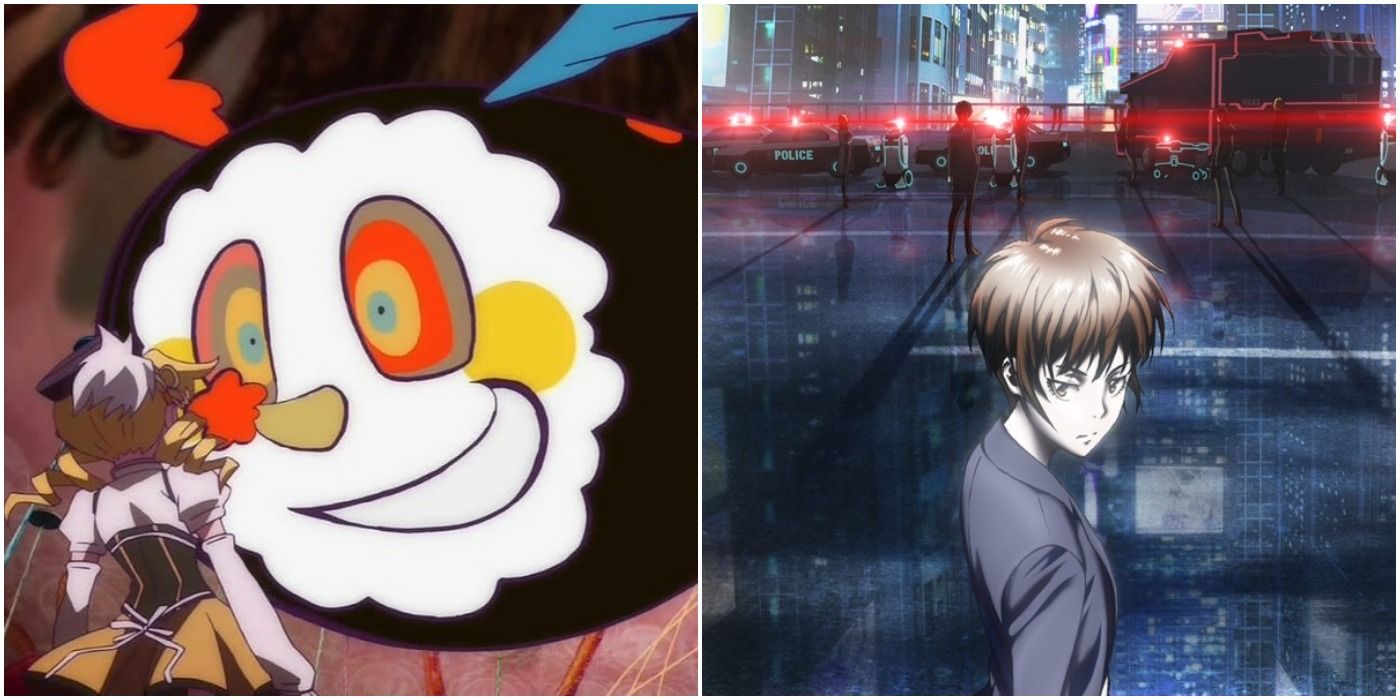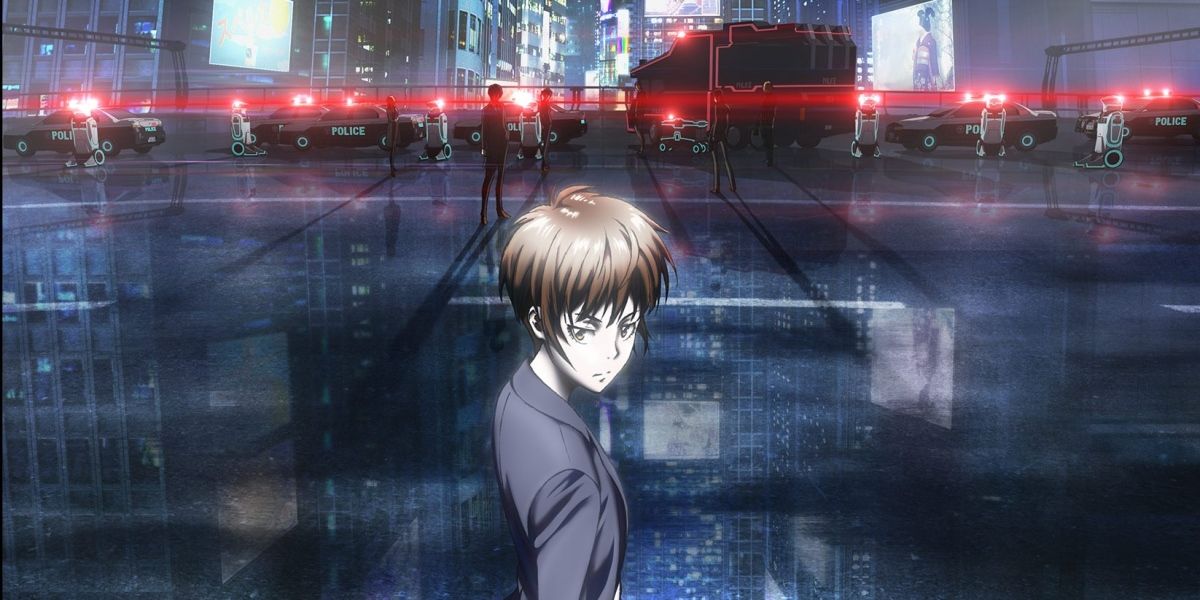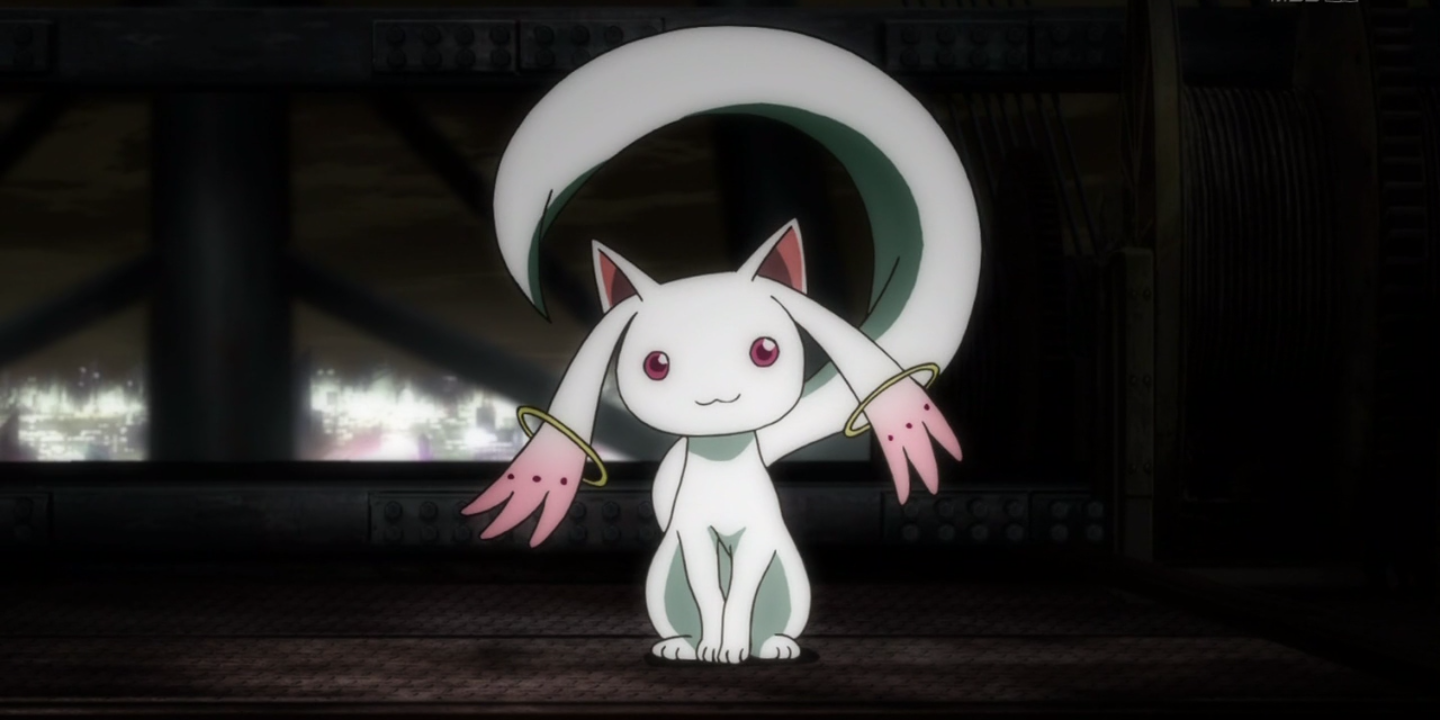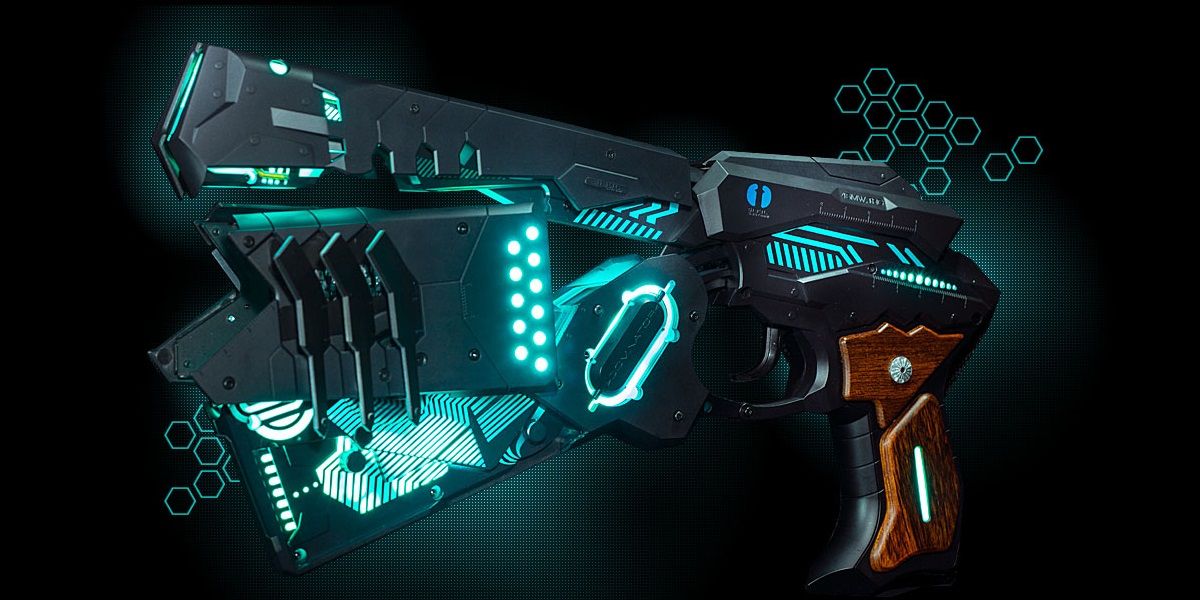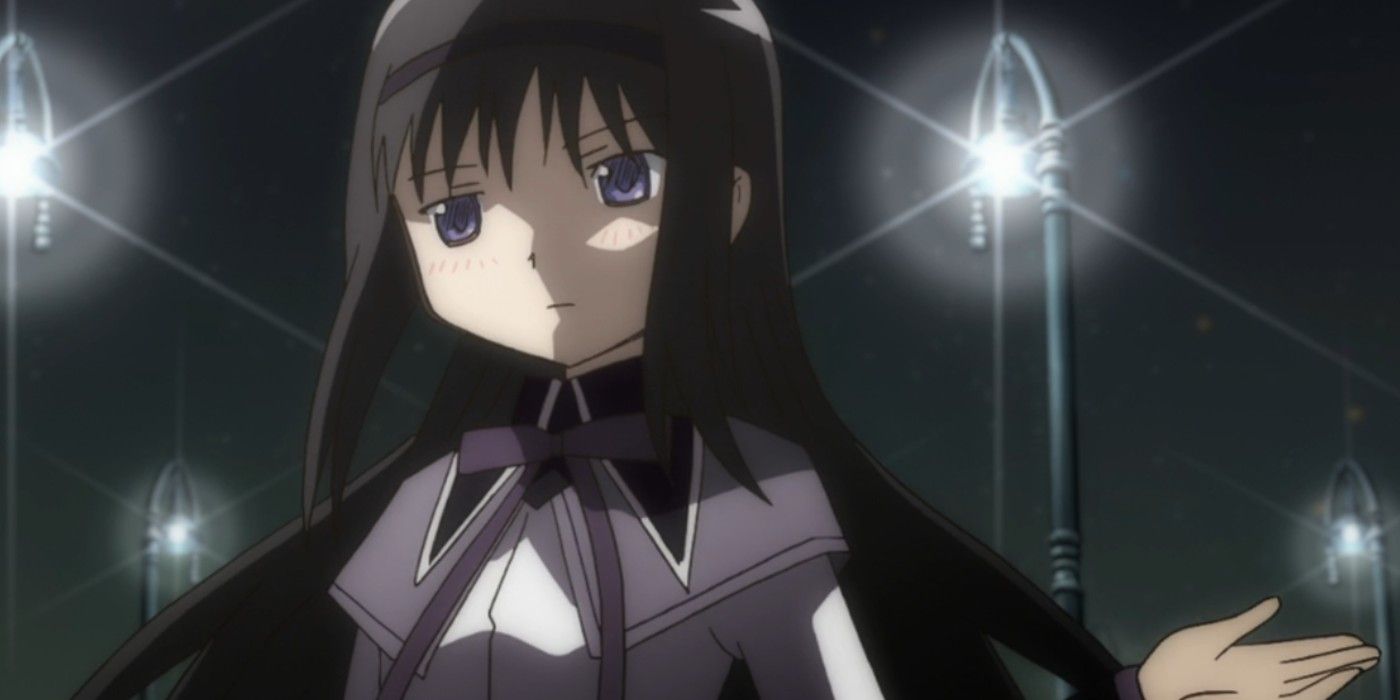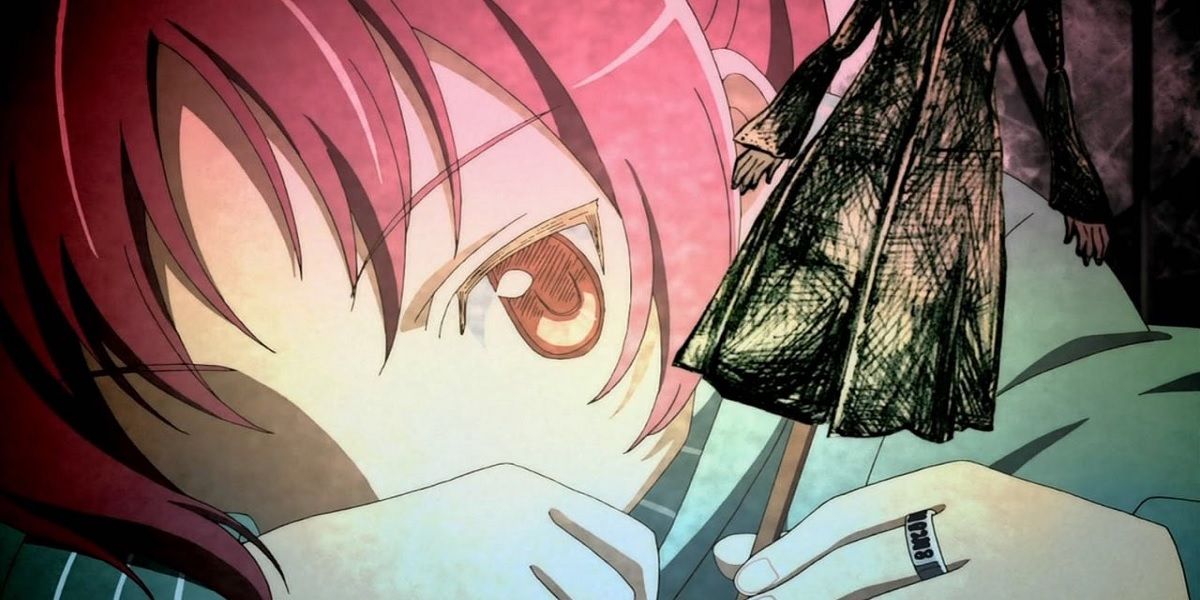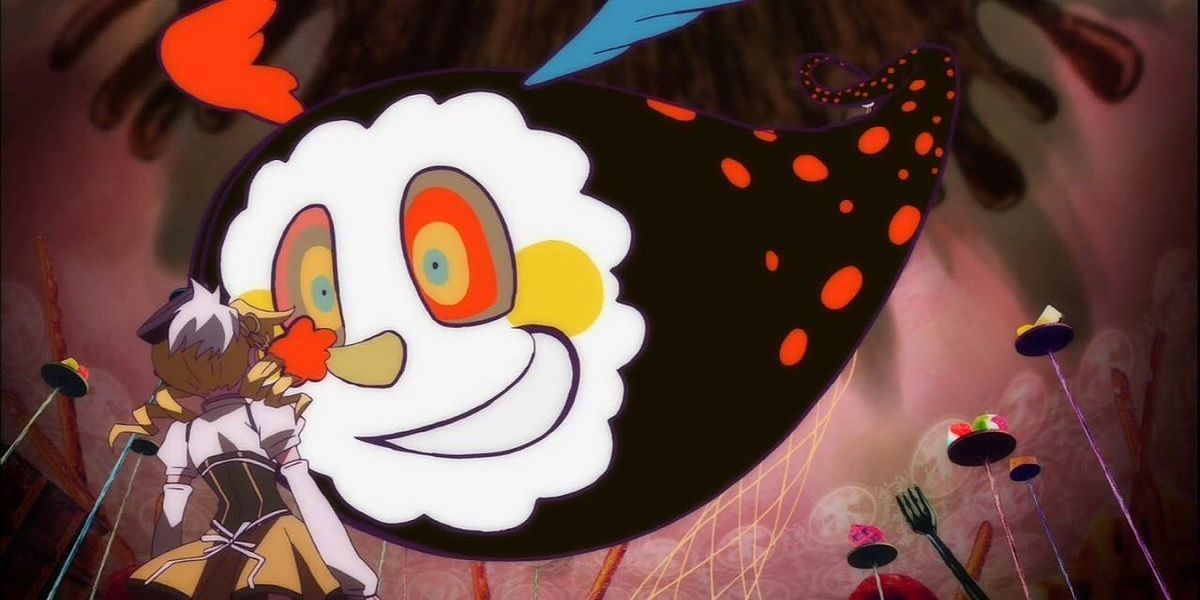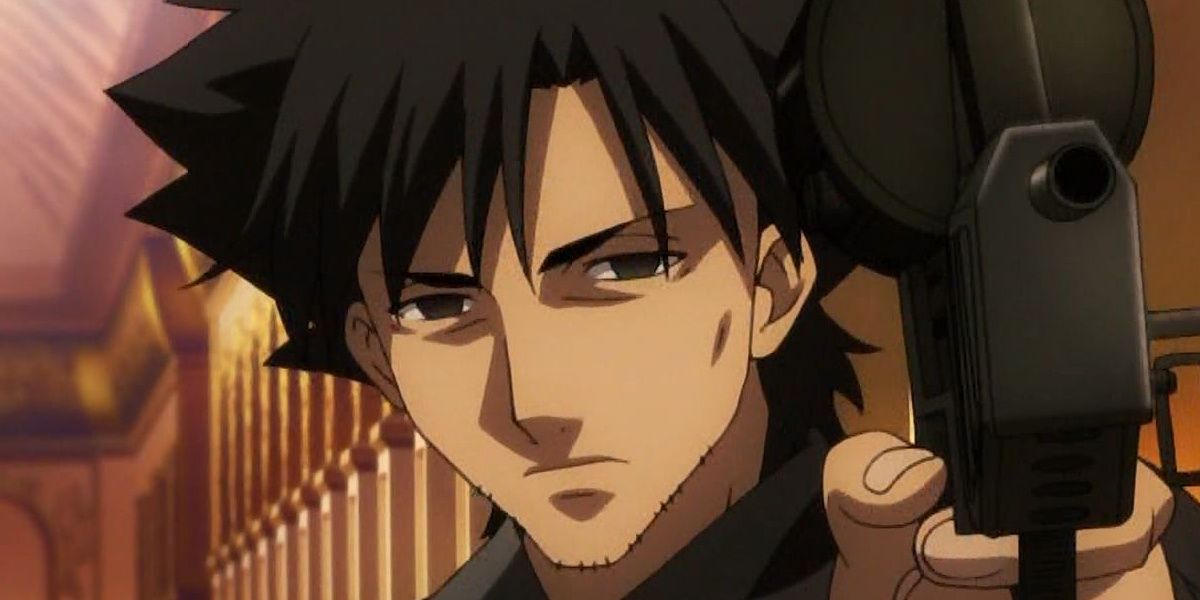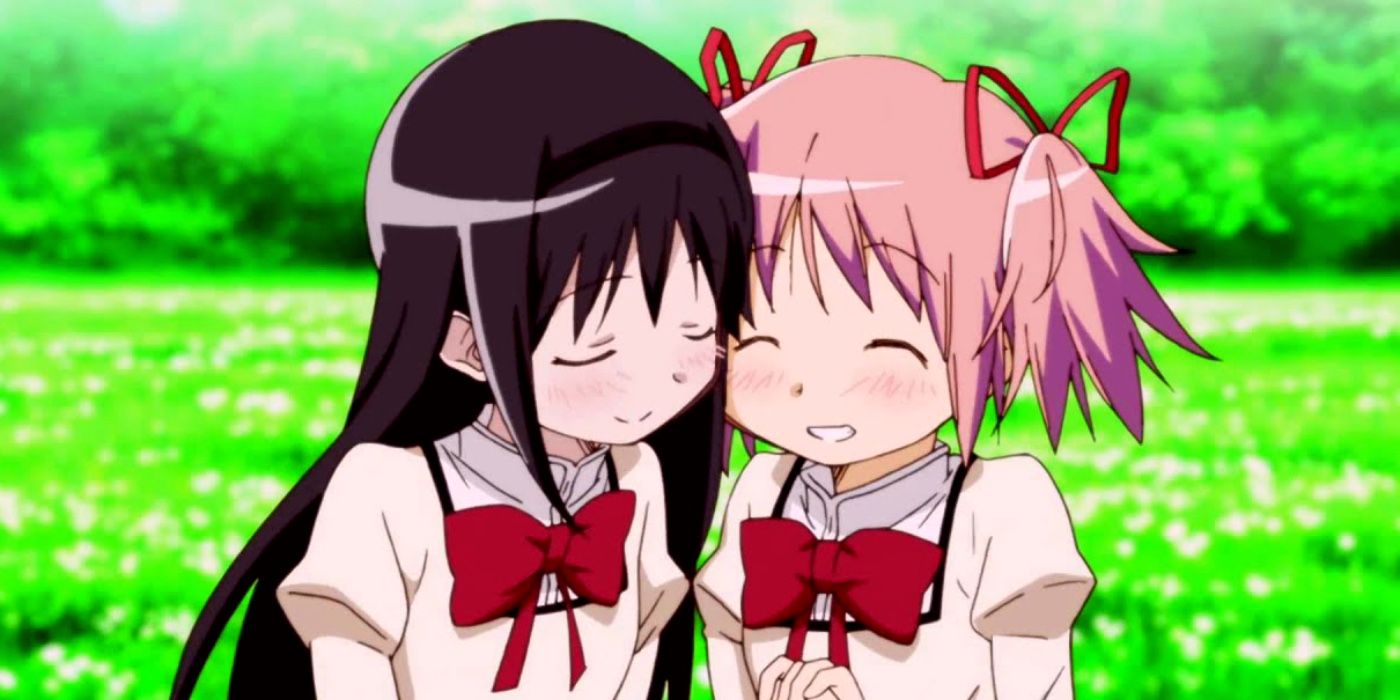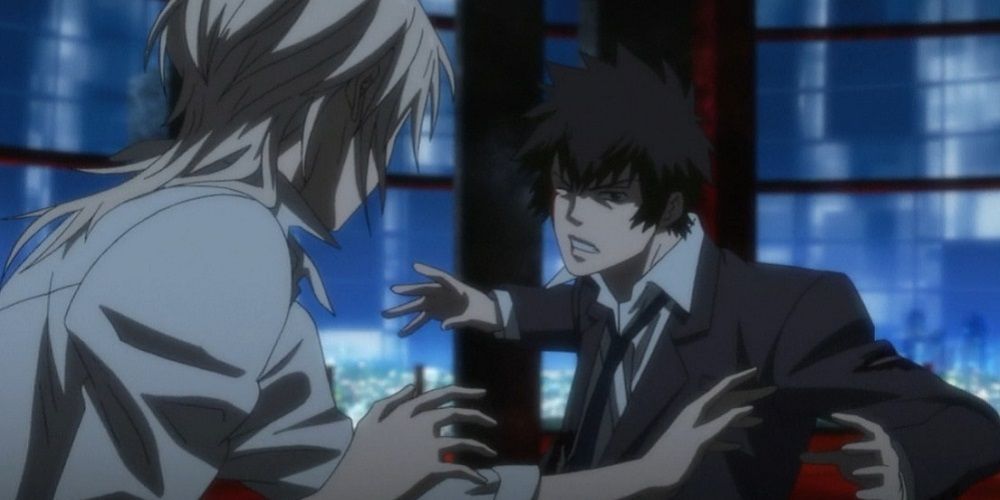"Gen Urobuchi" is a name that will undoubtedly go down in anime history as one of the best anime scriptwriters of the 2010s. Both Puella Magi Madoka Magica and Psycho-Pass have been heralded as exemplary narratives. In fact, both series won him the Newtype Anime Award for Best Screenplay in 2011 and 2015, respectively.
Madoka Magica also won the Tokyo Anime Award for Best Screenplay in 2012, making it one of his most widely acclaimed series. Anyone who's familiar with Urobuchi's work can recognize several common tropes he likes using across his many series. Many of his works take on a dark, almost hopeless tone, with just the faintest glimmers of hope shining underneath his heavy narratives.
10 Dystopias Or Dystopian Elements Are Often Prevalent
By definition, dystopias and dystopian settings are those where society seems to be running well and as expected, but something is deeply wrong in the society's psyche that audiences pick up on. Dystopias are popular tropes for writers in general, and Urobuchi is no stranger to using dystopian elements in his anime. Both Psycho-Pass and Puella Magi Madoka Magica are known for their dystopic elements, especially the society run by the Sybil System in Psycho-Pass. Urobuchi also turned the magical girl dream into a magical girl nightmare with Madoka Magica's focus on sacrificing the magical girls' lives.
9 Faustian Bargains Take Center-Stage & Heavily Affect Characters
Originally introduced in the old German legend Doctor Faustus, the concept of Faustian bargains has persisted in Western vernacular for centuries. A Faustian bargain is a deal made with a literal or metaphorical devil, where one is willing to sacrifice anything in order to attain their heart's desire. In Madoka Magica, Kyubey offering to grant wishes in return for contracts with magical girls is a textbook example of a Faustian bargain. And in Fate/Zero, another Urobuchi anime, the Holy Grail War itself serves as an example of sacrificing anything and everything for power.
8 Urobuchi Loves Guns, Whether They're Real, Sci-Fi, Or Magical
Anyone who's seen Psycho-Pass definitely remembers the formidable Dominator - a special gun that connects directly to the Sybil System and determines which targets are dangerous. Aside from this science-fiction example is Mami Tomoe, one of Madoka Magica's senior magical girls, who uses magical flintlocks as her primary weapon of choice.
Even Homura Akemi makes use of real-world military arsenals in her magical girl battle strategies. Urobuchi is also fond of writing mecha stories like Gargantia on the Verdurous Planet, which also utilizes artillery. His most recent project, Obsolete, focuses entirely on military weaponry.
7 Protagonists Often Stand Alongside Mysterious Deuteragonists
On the surface, Akane Tsunemori and Madoka Kaname have little in common, at least as far as their personalities go. One important experience they share is in their mysterious narrative counterparts. Deuteragonists are the second-most important character in a story, and both Psycho-Pass and Madoka Magica feature mysterious deuteragonists. Akane stands alongside Shinya Kogami, a man with an enigmatic backstory. Madoka, on the other hand, has to deal with Homura, who's arguably more mysterious than Kogami since she tries to keep her distance. Moody, distant partners are useful in building up narrative tension.
6 The Sting Of Betrayal Heightens Drama In Urobuchi's Stories
Betrayal features heavily in many Urobuchi anime, and the impact of betrayal varies but almost always has a strong impact. In Fate/Zero, Kiritsugu Emiya betrays his own father by killing him. Kyubey in Madoka Magica betrays those he makes contracts with by not divulging the full details of his contracts. And the Sybil System in Psycho-Pass betrays the entire society by pretending to be above criminality while the truth is that the Sybil System is made up entirely of criminals. Even minor characters like Kyoko Sakura in Madoka Magica experienced betrayal from loved ones.
5 Urobuchi Likes Using Dark Twists To Spice Up His Narratives
Right alongside betrayal are dark twists. Sometimes they're the same action, but Urobuchi has added plenty of dark twists that don't necessarily link with betrayal. Mami's death at the end of Episode 3 in Madoka Magica, for example, is a dark twist that's not linked to betrayal at all. Rather, it was Urobuchi making it clear that being a magical girl in Madoka Magica is dangerous, and he intended to portray it that way. Likewise, introducing asymptomatic criminals in Psycho-Pass is a dark twist that underlines Psycho-Pass's dystopic qualities.
4 Literary References & Philosophies Often Frame Narrative Themes
Psycho-Pass's Shogo Makishima is definitely one of the more overt means of including literary references in Urobuchi's work, as Makishima blatantly demonstrates a love for literature in the series. But Urobuchi includes literature and philosophy deep within his works themselves.
A common philosophy Urobuchi touches on is the concept of utilitarianism, i.e., the belief that sacrificing a few to benefit the many is the best course of action in a society. This philosophy takes center stage in both Madoka Magica and Fate/Zero, as both series have characters who struggle with sacrifice and heroism.
3 Deconstructing Popular Tropes & Themes Make Urobuchi Stand Out
Any anime that Urobuchi worked on from start to finish displays a strong tendency toward deconstructing the tropes that are central to both the series and genres. In both Fate/Zero and Madoka Magica, Urobuchi focused on taking apart the ideas of utilitarianism and sacrifice. Madoka Magica's Kyubey, for example, makes a compelling argument as to why it's necessary to combat universal entropy by farming Witches through magical girls. Urobuchi juxtaposes this idea against Madoka's own strong beliefs that there has to be another solution to universal entropy. He also deconstructs Japanese society in Psycho-Pass and heroism in Fate/Zero to great effect.
2 Yuri Relationships Are Sometimes Featured, Even In The Background
While it was heavily implied in Madoka Magica that Homura had feelings deeper than friendship for Madoka, in Puella Magi Madoka Magica: Rebellion, Urobuchi made it obvious that Homura's feelings for Madoka are romantic. Less obvious is the relationship between Kyoko and Sayaka, but again, it's heavily implied that both of them feel romantic love for one another. And in Psycho-Pass, Urobuchi included a couple of background characters who are explicitly in a romantic lesbian relationship. Urobuchi has even mentioned that he'd like to write a yaoi story if he gets the chance.
1 Urobuchi Likes Focusing On Gray Morality With His Characters
Broadly speaking, a lot of Urobuchi's characters are more like concepts or ideologies rather than actual characters. They're a little bland in personality, but the things they stand for and their deeply held beliefs are what make his characters so compelling. Kyubey, for example, represents utilitarianism, which explicitly relies on gray morality. The conflict between Kogami and Makishima in Psycho-Pass is another instance where the characters involved are morally gray and instead rely on their own inner moral compasses to accomplish their goals.

